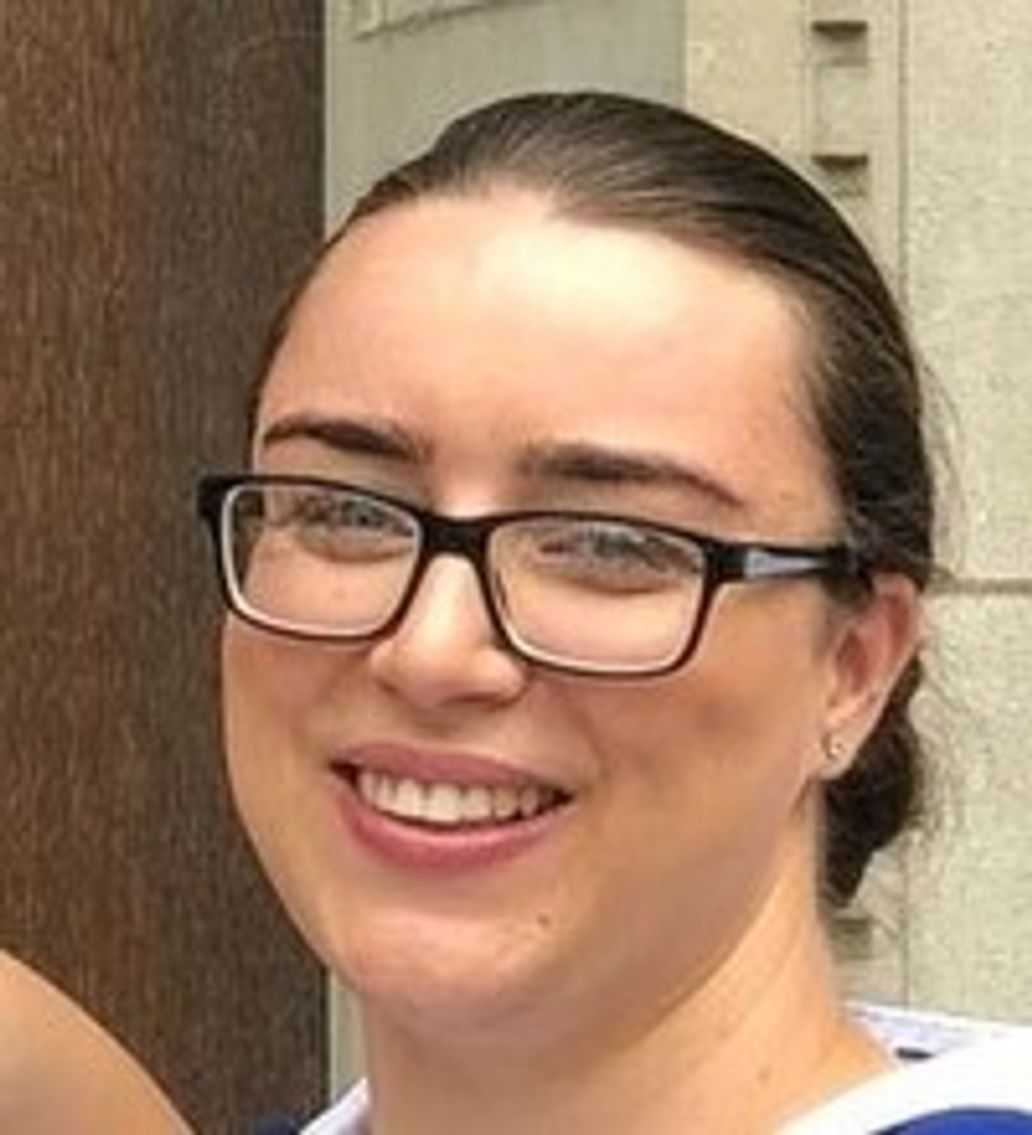January 2020 Blog - Gypsies and Travellers: A History Untold
The history of Gypsies and Travellers in this country is one of fractured pieces and half told stories.
14 Jan 2020
By Chelsea McDonagh, education policy & campaigns officer with the Traveller Movement
The history of Gypsies and Travellers in this country is one of fractured pieces and half told stories. It’s of a people who have been continuously displaced throughout history, people who have never been allowed to hold the pen and write their own stories. Stories which existed around campfires, and later in trailers and living rooms as television screens glowed and smart phones chimed in the background. Stories that have never made it into the history books.
Each family will have their own stories and heroes, mine was that of Jackdaw Joyce. My nanny’s voice would brim with pride as she told the story of her Father, a world war two veteran who was awarded a Distinguished Conduct Medal for his courage in capturing a machine gun post and its crew during the Salerno Beach Landings. He wasn’t the only Traveller to fight in the war, indeed many Gypsies and Travellers fought gallantly and received medals for their bravery. They are people whose names and stories are often never known nor told by those on the outside. Neither are the stories of the men (and women) who worked first as Navvies on the Railways and later building the motorways that ferry people up and down this country.
“History is always written by the winners. When two cultures clash, the loser is obliterated, and the winner writes the history books—books which glorify their own cause and disparage the conquered foe” – Dan Brown
Schools are often seen as the training grounds which not only prepare young people for the world, but teach students about their histories. In teaching them about these stories, we hope that they will not make the same mistakes as the generations that have gone before them, and that they feel pride in their people. We hope that the stories will enlighten a generation. For Gypsy and Traveller students, they never hear the stories of their people within those pages or in those classrooms, and nor do Non Traveller students.
When these stories and histories are never told, Gypsies and Travellers will only exist in the public domain like that of a lost and misunderstood people. Ireland’s introduction of the Traveller Culture and History in Education Bill is a great opportunity to bring together that of a Nation divided. Whilst not being relegated to a single month but being included throughout the curriculum will (hopefully) ensure that meaningful efforts are made, rather than tokenistic gestures.
The British Government should be introducing a similar bill which could go some way in bringing together the fractured pieces and relationships between communities in this country. It will allow Gypsy and Traveller children the opportunity to positively reaffirm their identity and be confident that teachers and schools will actively challenge the negative discourse surrounding them. Our forthcoming research in partnership with ACERT reiterates this need, with Traveller children themselves calling for their history to be included in the curriculum. Not only would this create a greater sense of belonging but it would allow the opportunity for these students to envision themselves as the next generation of soldiers, builders, teachers and doctors. Envision themselves as Gypsy and Traveller people who not only belong in society, but who are accepted.